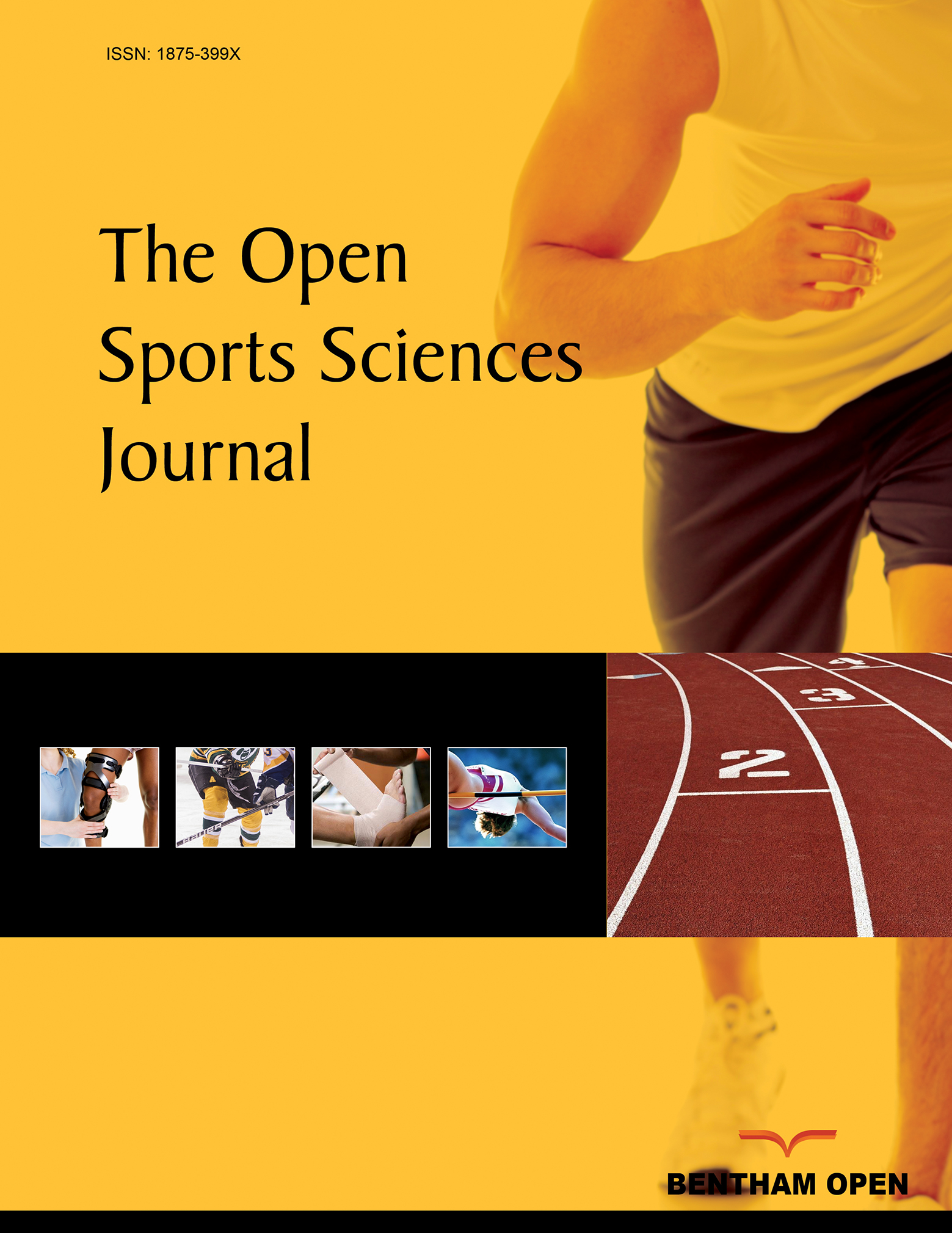All published articles of this journal are available on ScienceDirect.
Modeling Judges’ Scores in Artistic Gymnastics
Abstract
Background:
In artistic gymnastics, performance is observed and evaluated by judges based on criteria defined in the code of points. However, there is a manifold of influences discussed in the literature that could potentially bias the judges’ evaluations in artistic gymnastics. In this context, several authors claim the necessity for alternative approaches to judging gymnastics utilizing biomechanical methods.
Objective:
The aim of this study was to develop and evaluate a model-based approach to judge gymnastics performance based on quantitative kinematic data of the performed skills.
Methods:
Four different model variants based on kinematic similarity calculated by a multivariate exploratory approach and the Recurrent Neural Network method were used to evaluate the relationship between the movement kinematics and the judges’ scores. The complete dataset consisted of movement kinematic data and judgment scores of a total of N = 173 trials of three different skills and routines from women’s artistic gymnastics.
Results:
The results exhibit a significant relationship between the predicted score and the actual score for six of the twelve model calculations. The different model variants yielded a different prediction performance in general across all skills and also in terms of the different skills. In particular, only the Recurrent Neural Network model exhibited significant correlation values between the actual and the predicted scores for all three investigated skills.
Conclusion:
The results were discussed in terms of the differences of the models as well as the various factors that might play a role in the evaluation process.


